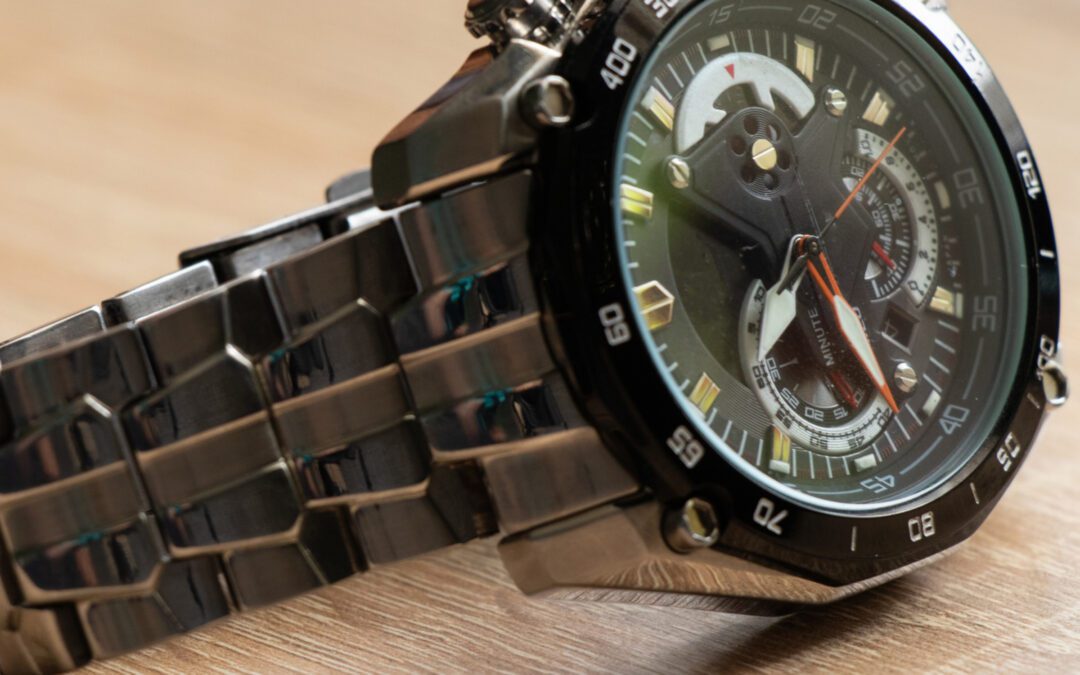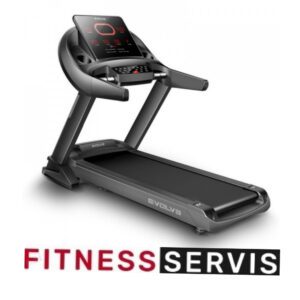Understand the differences between quartz and mechanical watch movements with our detailed guide. Learn how each type operates, their advantages and disadvantages, and which might be the best fit for your needs and preferences. Explore our quartz and mechanical watches collections from quality manufacturers.
Understanding the differences between quartz and mechanical watch movements is crucial for any watch enthusiast. Each type operates differently, offers unique advantages, and may suit different preferences and needs. Here’s a detailed guide to help you decide which type might be the best fit for you.
Quartz Movements
How They Operate: Quartz movements use a battery as their primary power source. The battery sends an electrical current through a small quartz crystal, which oscillates at a precise frequency. This consistent vibration drives the motor to move the watch hands with exceptional accuracy.
Advantages:
- Accuracy: Quartz watches are highly accurate, often deviating by only a few seconds per month.
- Low Maintenance: Since they have fewer moving parts compared to mechanical watches, quartz watches generally require less maintenance.
- Cost-Effective: Quartz watches are typically more affordable to produce, making them less expensive than their mechanical counterparts.
- Durability: The simplicity of quartz movements often makes these watches more resistant to shocks and magnetic fields.
Disadvantages:
- Battery Dependency: The need for periodic battery replacement can be seen as a drawback.
- Less Tradition: Quartz watches lack the historical craftsmanship associated with mechanical movements, which can be less appealing to purists.
Examples of Quality Quartz Watches:
- Seiko Prospex Solar: Known for its solar-powered quartz movement, which eliminates the need for battery changes.
- Citizen Eco-Drive: Utilizes light to charge the battery, offering long-term convenience and sustainability.
Explore Quartz Watches: Quartz Watch Collection
Mechanical Movements
Mechanical movements are divided into two categories: manual and automatic.
Manual Mechanical Movements
How They Operate: Manual watches require winding by hand. The winding action tightens the mainspring, which then unwinds gradually, transferring energy through a series of gears and springs to power the watch.
Advantages:
- Craftsmanship: Manual watches are celebrated for their intricate engineering and the skill required to create them.
- Connection: Winding a watch manually creates a personal connection with the timepiece.
- Aesthetics: Often, manual movements are displayed through transparent case backs, allowing wearers to admire the inner workings.
Disadvantages:
- Maintenance: Requires regular winding, which can be inconvenient.
- Cost: Typically more expensive due to the complexity of their construction.
Automatic Mechanical Movements
How They Operate: Automatic watches, also known as self-winding watches, harness energy from the wearer’s wrist movements. A rotor inside the watch spins with motion, winding the mainspring automatically.
Advantages:
- Convenience: No need for manual winding if worn regularly.
- Craftsmanship and Tradition: Like manual watches, automatics are highly valued for their craftsmanship.
- Longevity: With proper care, mechanical watches can last for generations.
Disadvantages:
- Cost: Generally more expensive than quartz watches.
- Maintenance: Requires periodic servicing to maintain accuracy and functionality.
Examples of Quality Mechanical Watches:
- Rolex Submariner: An iconic automatic watch known for its durability and precision.
- Omega Speedmaster Professional: Famous for its manual winding movement and historical significance as the „Moonwatch.“
Explore Mechanical Watches: Mechanical Watch Collection
Which is Best for You?
Choose Quartz if:
- You prefer precision and low maintenance.
- You are looking for an affordable, durable watch.
- You do not mind battery changes.
Choose Mechanical if:
- You appreciate traditional craftsmanship and intricate engineering.
- You enjoy the ritual of winding a watch (manual).
- You seek a luxurious timepiece with historical value.
- You are willing to invest in regular maintenance.
Conclusion
Both quartz and mechanical watches offer distinct advantages. Quartz watches excel in accuracy and convenience, making them ideal for those seeking a reliable, low-maintenance timepiece. On the other hand, mechanical watches are treasured for their craftsmanship, tradition, and the personal connection they offer to their wearers. Explore the extensive range of both quartz and mechanical watches on WatchOnlineBuy.com to find the perfect watch that suits your needs and preferences.




